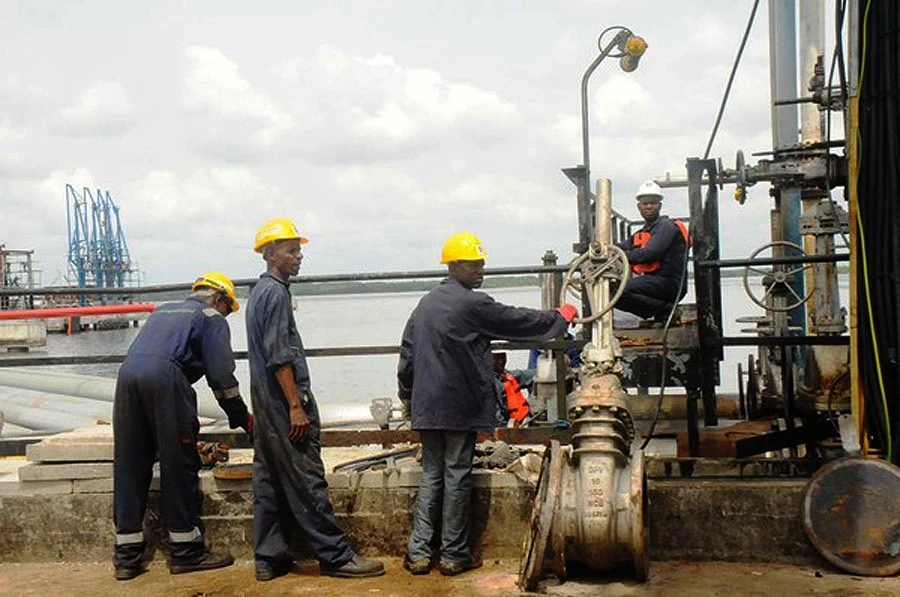The Nigeria National Petroleum Commission Limited says the country loses about N65.1 billion ($150 Million) to oil vandals every two days.

This was disclosed by Umar Ajiya, the chief financial officer of the NNPCL, in an interview on Arise TV on Wednesday.
He noted that the company would record a higher profit if not for oil theft and vandalism that massively impacted its capacity to make higher profits like other oil-producing countries.
He said that based on the current production average of 1.2 million barrels per day (BPD) against the 1.8 million BPD Organisation of Petroleum Exporting Countries (OPEC) quota, the country was losing almost $150 million to vandals every two days.
“Every two days, you are talking of almost $150 million down the drain, that’s what the nation is losing as we speak,” he said
He further said Nigeria was suffering underproduction to the tune of 600,000bpd.
Due to the escalating oil theft and vandalism, the CFO said some of the oil-producing companies had declared force majeure and shut-ins, maintaining that this had led to deferred production and revenue for NNPC and the nation.
“The reality is that the vandalism has impacted significantly on our performance, especially in this era where we have higher oil prices and we are operating at about 1.2 million barrels on average. At one point in this country, we had reached from 2.3 million up to 2.7 million barrels per day, just before COVID,” Ajiya said.
“But with the incessant vandalism and theft, our operators cannot tolerate such theft levels. When you send 100 barrels and you get probably 10 barrels at the terminal. So, as a consequence of that, some of them have declared force majeure and shut-in.
“So, it has deferred production and consequently deferred revenue for us and the nation. Tax revenues and royalties have all declined significantly because we are unable to monetise the production, and therefore, that has affected us significantly.”
Ajiya, however, added that the current revenue was driven by price differentials and performance was driven by price and cost optimisation.
The CFO also said although the NNPCL may have underperformed its peers, it had been hindered by challenges which have been removed with the transition to a limited liability company.


Comments are closed.